
The Australian government has approved an ambitious plan to put giant underwater fans on the Great Barrier Reef. It’s part of a multi-million dollar government trial that scientists hope will help reduce the damage caused by coral bleaching. The Reef and Rainforest Research Centre will receive AU$2.2 million (NZ$ 2.42 million) for its Reef Haven project at Moore Reef, about 40km east of Cairns.
The plan involves mooring submerged propellers at reef tourism sites, where they will circulate water to cool down coral.
Environment and Energy Minister Josh Frydenberg says the test could help save the reefs from beach damage.
“Limited modelling indicates the proposed intervention could reduce average surface water temperatures by 0.7degC during potential bleaching conditions,” he said.
Read More

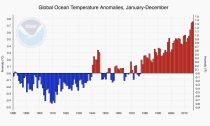

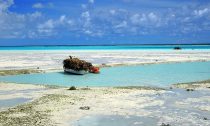

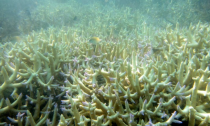
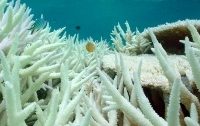
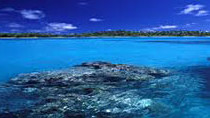

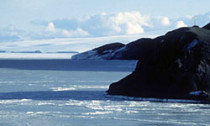


Social Profiles